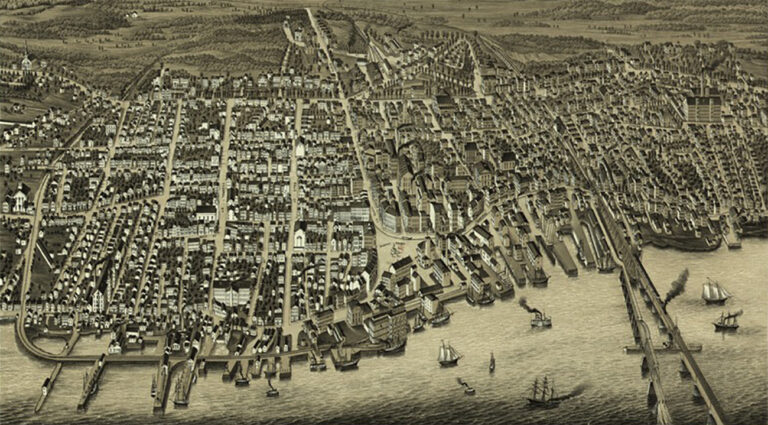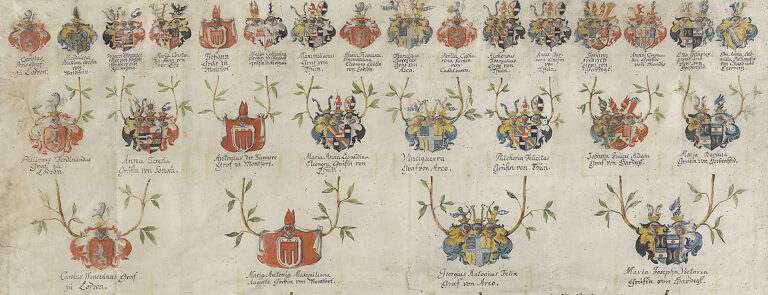Genealogy Tips
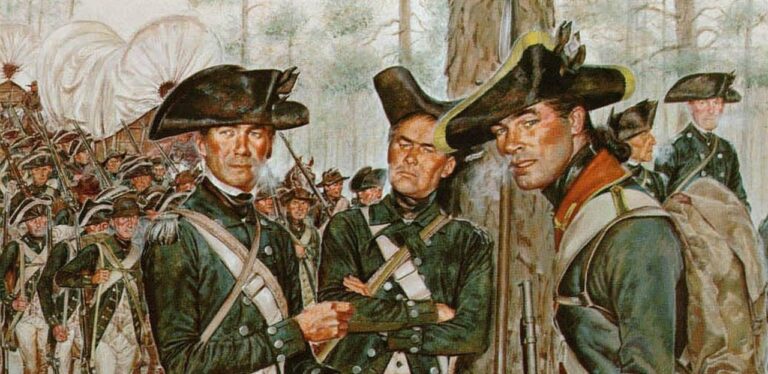
November 7, 2022
“Revolutionary War Pension Records Restored, Consolidated, and Explained. Part Two” By Lloyd DeWitt Bockstruck
Read more

October 31, 2022
“Revolutionary War Pension Records Restored, Consolidated, and Explained. Part One” By Lloyd DeWitt Bockstruck
Read more
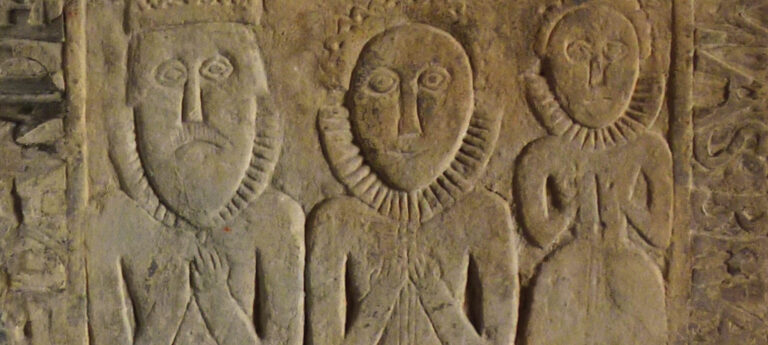
October 10, 2022
RESEARCHING SCOTS-IRISH ANCESTORS. The Essential Genealogical Guide to Early Modern Ulster, 1600–1800. Second Edition – By William R. Roulston
Read more
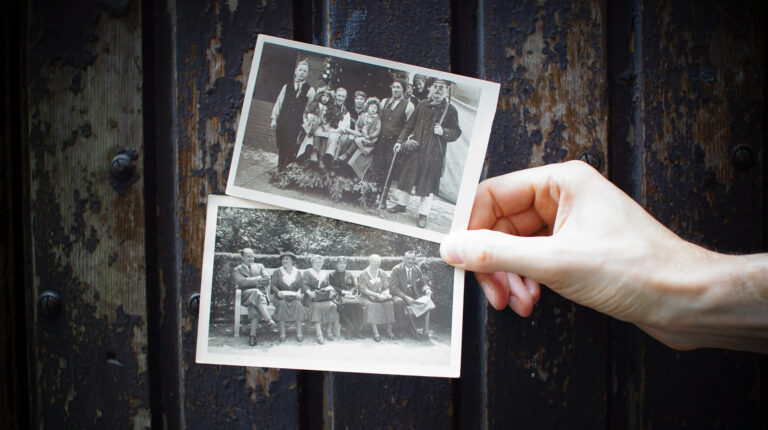
August 15, 2022
Researcher’s Guide Illustrates How to Organize and Evaluate Your Family Findings
Read more



